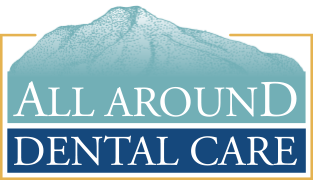
Toothaches are one of the most common reasons for dental visits. In most cases, this kind of pain or discomfort is due to cavities. However, there are a number of other potential causes that you should know about. Here are a few that you might not be aware of.
Tooth Abscess
Sometimes, a tooth can become infected. A tooth infection is usually followed by swelling & the formation of pus-filled deposits. A tooth with an internal abscess has a nerve that is either dead or dying. If left untreated, this can cause damage to the gums and nearby teeth as well.
A tooth abscess is treated with a minimally-invasive procedure known as a root canal. This treatment allows the dentist to clean out the inside of your tooth and remove the infected tissues. Once this is done, you will need get a filling or crown to fill the space inside your tooth that previously held the infected nerve. This will secure the structural integrity of the tooth and prevent future infections.
Teeth Grinding/Clenching
Many who experience tooth pain have trouble discovering the cause because it happens when they are not conscious! Teeth-grinding during sleep is frequently the culprit behind dental pain & sensitivity. Known as bruxism to dentists, this elusive habit can lead to loose teeth, worn-down enamel and even tooth loss. While daytime grinding & clenching can be solved through mindfulness and self-control, nighttime bruxism requires help from the dentist. A dentist can fabricate a customized mouthguard that fits comfortably in your mouth and prevents the damage from grinding during sleep.
Impacted Teeth
Dentists refer to a tooth as impacted when it does not protrude out of the gums. Since you can’t see an impacted tooth, it can be difficult to tell when one is the cause of your dental anguish. We strongly encourage you to see us twice a year for checkup exams and x-rays so we can tell if there is a rogue tooth hiding under your gum line. An untreated impacted tooth can cause other teeth to shift out of place, along with tooth decay and gum disease.
You should always call us as soon as you feel pain or aching in one of your teeth. If you believe your toothache is a dental emergency, please visit your local hospital for treatment.
